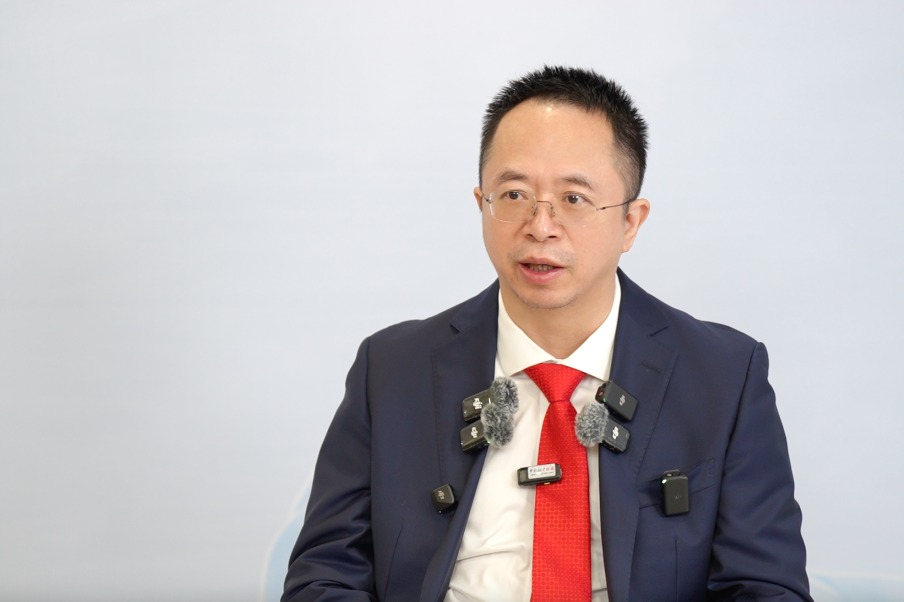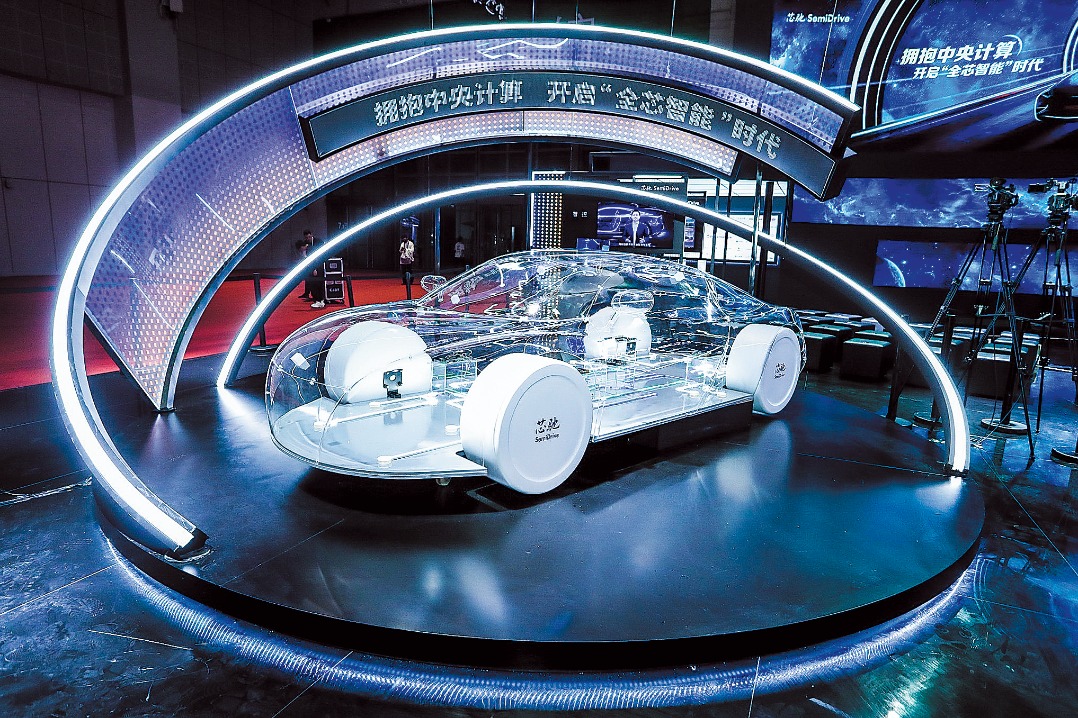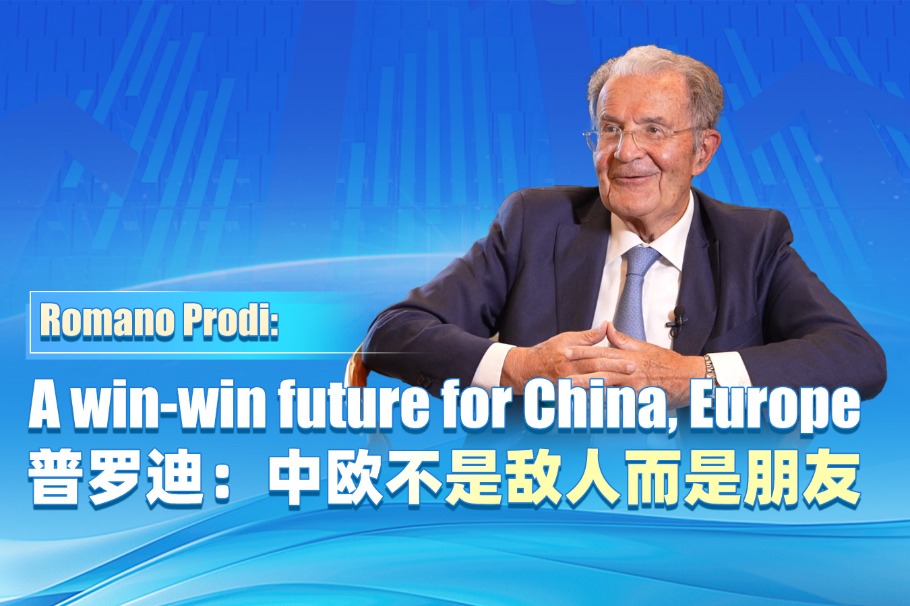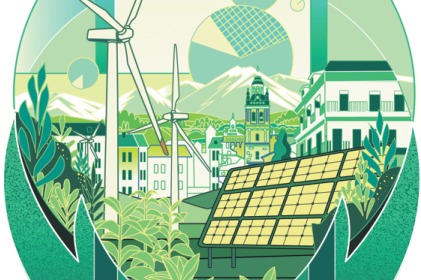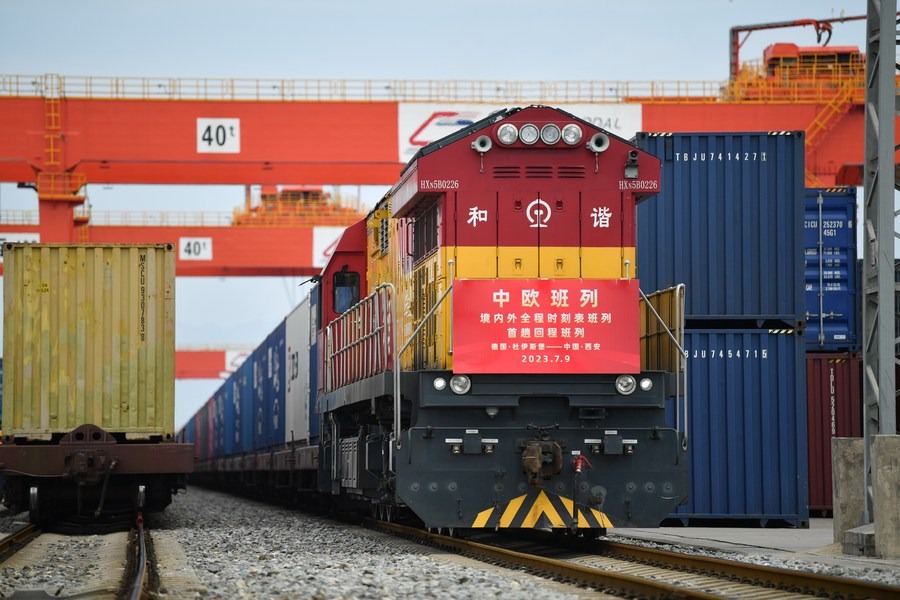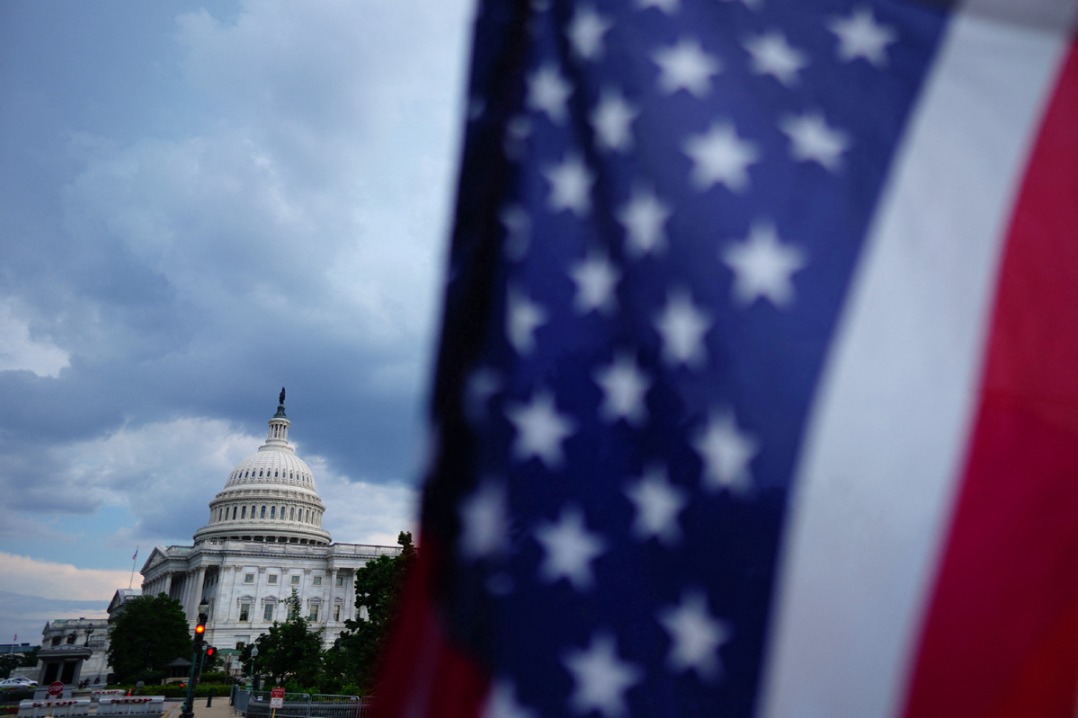Beijing can overcome shocks of US' 'decoupling'

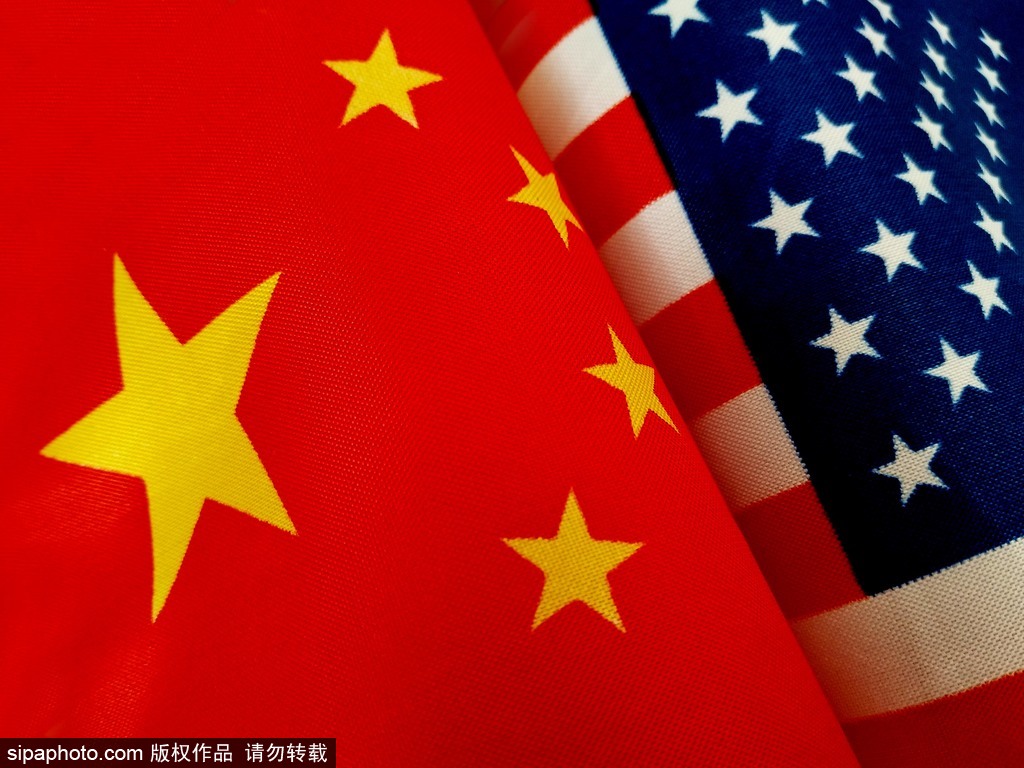
US President Joe Biden is expected to sign an executive order aimed at restricting US investments in artificial intelligence, quantum computing, advanced semiconductors and other high-tech sectors in China. The fact that Biden has decided to do so around the G7 Summit which is being held in Hiroshima, Japan, from Friday to Sunday suggests he wants to get the endorsement of its allies at the summit in a bid to widen the impact of the possible executive order.
Biden's move shows the US plans to intensify its strategy of "decoupling" from and building "high fences" against China. It is true that the Donald Trump administration imposed punitive tariffs on Chinese imports, triggering a trade war. But it is also true that the Biden administration has gone one step further by restricting the export of critical US technologies to China.
In fact, the Biden administration seems hell-bent on extending its containment and blockade approach from the trade and supply chains to investment and technology transfer to coerce or rally allies to come onboard its anti-China bandwagon.
Biden seems determined to check China's rise
The possibility of Biden's plan gaining the support of US allies or at least their acquiescence is high. Anglo-Saxon countries such as the United Kingdom have tended to ally with the US, probably because transatlantic coordination is still fundamental to their policies given their shared values and ideology, security needs, and their competition with China in multiple fields. Countries such as France and Germany have retained some strategic autonomy, though.
Moreover, the US' control over and influence in Europe have visibly increased, particularly after the Russia-Ukraine conflict broke out in February last year.
Of late, although the European Union has vowed to uphold multilateralism and increase its engagement and cooperation with China in fields such as trade, that does not necessarily mean it has relinquished its competition against China. Since the European Commission's sixth policy paper on China was released in 2006, the European bloc has been emphasizing the competitive aspect of EU-China relations, even calling the two sides "strategic competitors".
Furthermore, the "de-risking" security strategy pursued by several EU countries is in essence gradual "decoupling" from China and building of "high fences" between the two sides. To counter China as a "systemic rival" in strategic high-tech industries, the EU has been taking various measures, which are not entirely new.
The series of directives and laws issued by the EU, including the "directive on corporate sustainability due diligence", the European Chips Act and the European Critical Raw Materials Act, and the Netherlands joining the anti-China chip alliance are reflective of the European bloc's stance.
The proposed US restrictions on US investments in AI, quantum computing and other advanced technologies in China will undermine the country's semiconductor and other high-tech sectors in the short term, while the US' persistent "decoupling" efforts will reduce Sino-US trade.
As a matter of fact, as of April 2023, China's exports to the US had seen negative growth for nine consecutive months. Similarly, because of restrictions on capital input in the high-tech sector, Western investment in China has declined significantly. Combined with the earlier disruptions in the industry and supply chains and the US' advantages in certain high-tech fields, China may face some short-term shocks and disruptions.
Capable of reducing negative effects
But China has the capability to reduce the long-term negative effects of the US-led coercive tactics. Given that China is arguably the world's largest single-country market, the lure of high profits is enough to prompt capital to bypass the US' rules and restrictive policies to weaken the Chinese economy. This is to say that despite the export and investment restrictions of the US and other Western economies, capital is likely to find alternative routes to the Chinese market in search of profit.
The benefits that the Chinese market offers will also draw technology experts, skilled personnel, and raw materials to China. For this possibility to become reality, however, China has to remain determined, and use all available means to pursue high-quality development and industrial upgrading.
Besides, China has to focus on gaining the support of as many countries as possible to pursue its goal of common prosperity and helping build a community with a shared future for mankind, in order to realize sustainable, high-quality development.
This is all the more important because most of the European countries, as well as Japan and the Republic of Korea, are US allies. As Japan, the ROK and most Western countries are likely to side with the US, China needs to supplement their declining trade and investment with those of Middle East, Central Asian, and Southeast Asian countries.
A positive development in this regard is that, following Saudi Aramco's announcement that it plans to build a plant in Liaoning province and invest 24.6 billion yuan ($3.51 billion) in Rongsheng Petrochemical, Baoshan Iron and Steel Co Ltd (Baosteel) announced the joint construction of the world's first green and low-carbon thick plate steel factory in Saudi Arabia in collaboration with Saudi Aramco and Saudi Arabia's sovereign wealth fund, the Public Investment Fund.
Need to boost domestic high-technology sector
Sovereign wealth funds in the Gulf region are also increasing their holdings in China, indicating increasing capital flow into China. But given the pressure of "decoupling" and "high fences", in order to overcome blockades, China needs to accelerate the advancement of the domestic high-tech sector so it can fill the gap created by the absence of foreign advanced technologies and high-tech enterprises, and help the country move closer to realizing national rejuvenation.
Perhaps China should focus more on other areas and potential threats to prevent future shocks. For instance, the high US debt and imminent economic recession are a real cause for concern, especially because the US continues to raise interest rates and use the Taiwan question, the South China Sea, the Korean Peninsula denuclearization and other issues to check China's rise.
Recent reports say the US administration is planning to provide Taiwan with $500 million worth of military assistance using the "presidential waiver" mechanism. The US has also sent more than 100 military personnel to Taiwan to help train the island's "security forces".
When all these pieces are put together, the jigsaw reveals the US' dangerous game of "decoupling" and triggering conflicts in China's neighborhood, with the aim of trapping China in a "Russia-like dilemma". Therefore, it is essential for China to correctly assess the situation and deftly navigate through the turbulence created by the US in order to achieve its developmental and political goals.
The author is a researcher at the Center for American Studies of Zhejiang International Studies University. The views don't necessarily reflect those of China Daily.
If you have a specific expertise and would like to contribute to China Daily, please contact us at opinion@chinadaily.com.cn, and comment@chinadaily.com.cn.
















